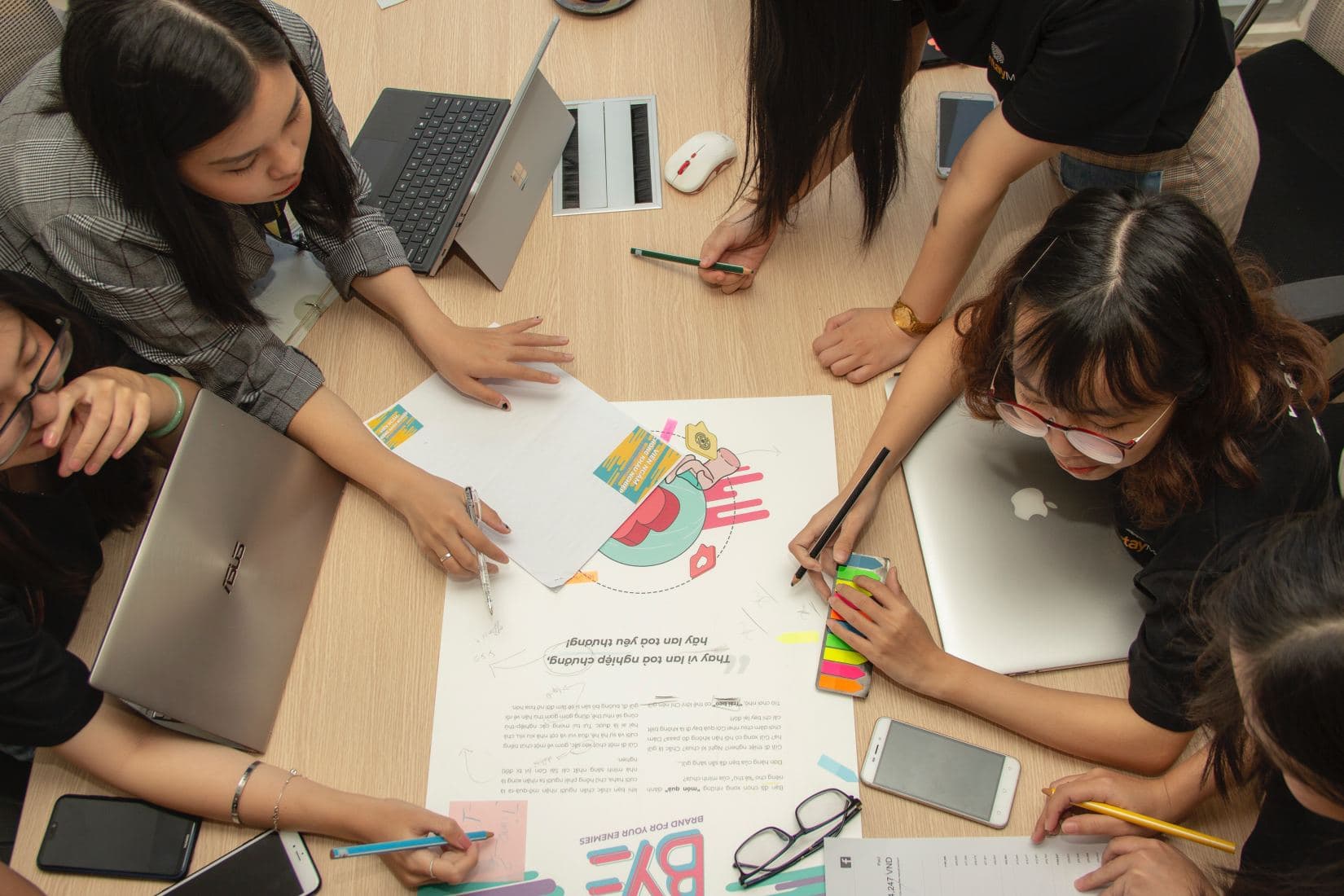Peer Tutoring's Varied Impact: Personal Challenges Contrast with Research Showing 7.1 Point Academic Performance Boost

A recent social media post from a user identified as Brian has ignited discussion regarding the efficacy and social dynamics of peer tutoring programs in educational settings. Brian stated in a tweet, "Yes...had to explain to more than one teacher that my kids were there to learn, not do in class tutoring for fellow students who performed at lower levels." The post further claimed that the practice "amplified existing interpersonal issues" rather than enhancing social skills, highlighting a personal negative experience with the widely implemented educational strategy.
This anecdotal account presents a stark contrast to numerous academic studies that generally report positive outcomes for peer tutoring. Research indicates that peer tutoring can significantly improve academic performance for students receiving assistance, with one high school study noting a mean increase of 7.1 points in standardized test scores for students in peer teaching groups compared to control groups. Other studies highlight significant improvements in reading comprehension, math skills, and overall academic achievement for tutees across various grade levels.
Beyond academic gains, many studies suggest peer tutoring fosters positive social and emotional development. Research often points to enhanced social skills, increased confidence, and improved peer relations for both tutors and tutees. However, some studies acknowledge challenges, such as difficulties in peer tutors effectively directing their "ordinary friends" and the importance of structured guidance to ensure positive interactions.
The concern raised by Brian, regarding higher-performing students being tasked with tutoring, touches upon a nuanced aspect of peer tutoring programs. While some teachers in collaborative action research projects have expressed worries about the academic benefits for non-Special Educational Needs and Disabilities (SEND) students serving as tutors, other research indicates that the act of teaching itself can remarkably improve the tutor's own learning and self-confidence. Effective implementation, including comprehensive training and ongoing supervision for peer tutors, is crucial to mitigate potential negative social dynamics and ensure benefits for all participants.
Ultimately, while the personal experience shared by Brian underscores potential pitfalls and the importance of individual student needs, the broader body of educational research largely supports peer tutoring as a valuable instructional strategy. Its effectiveness hinges on careful program design, adequate teacher support, and clear objectives that address both academic improvement and the cultivation of positive social interactions among students.